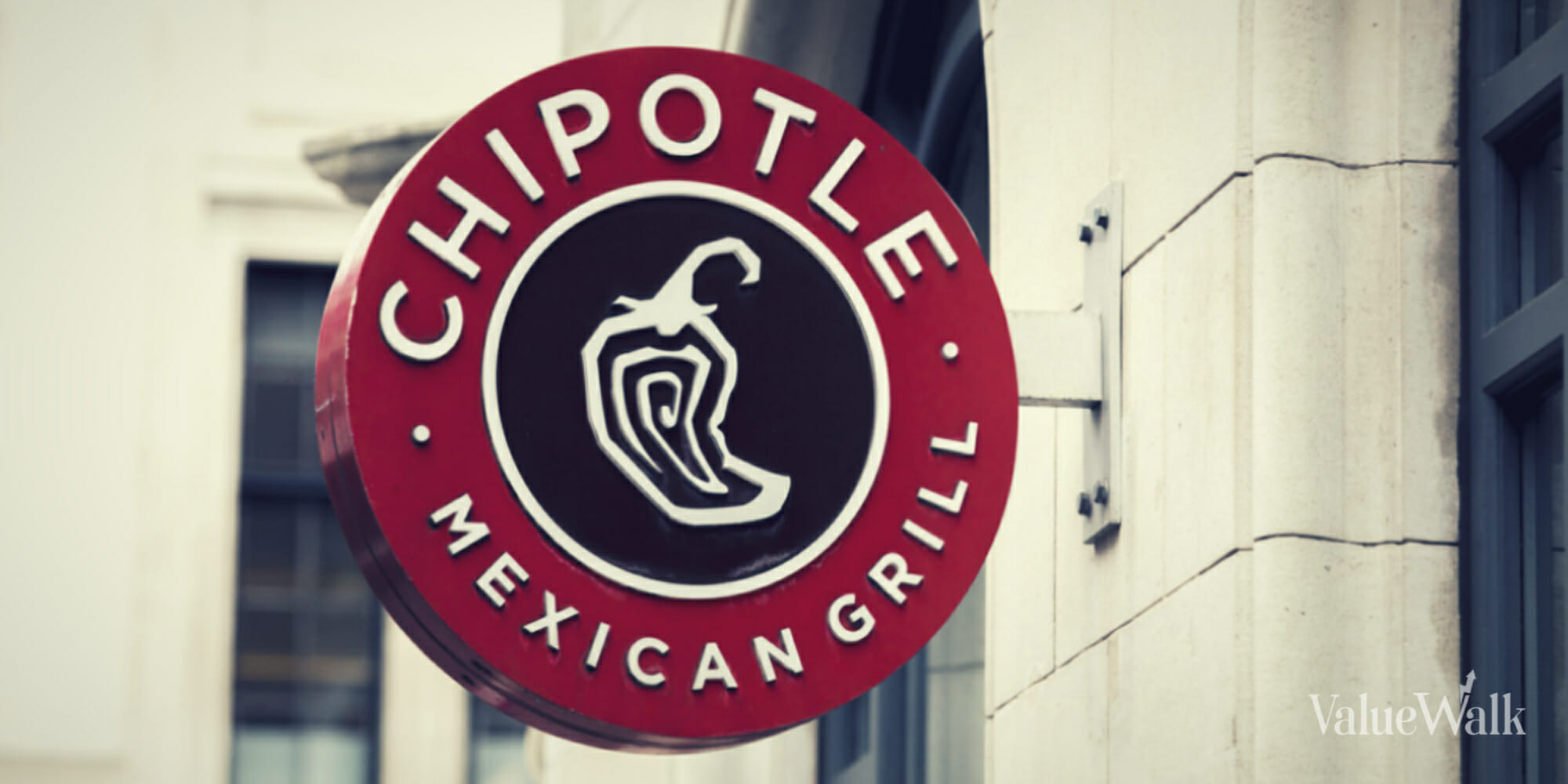Sears Holdings made its plans to raise over $2.5 billion by forming a real-estate investment trust public on Wednesday. The REIT will purchase around 254 Sears and Kmart stores.
The struggling retailer has filed its first set of IPO paperwork for the trust, and agreed to partner with General Growth Properties Inc., on a real-estate joint venture.
REIT to lease back to the retailer
Sears Holding is forming the REIT to acquire close to 254 of the retailer’s properties. The sale proceeds from the property are anticipated to exceed $2.5 billion. The REIT, Seritage Growth Properties, would lease the Sears and Kmart properties back to the retailer. Seritage, a Maryland based REIT, plans to use debt and other credit to finance the acquisition.
The retailer indicated that its shareholders will receive subscription rights, on a pro-rata basis, to buy common shares of Seritage. Sears CEO Lampert and his hedge fund ESL Investments Inc., who together hold a 48.5% stake in the retailer, intend to exercise their pro-rata portion of the subscription rights in full.
As part of the deal, Sears also agreed to partner with General Growth Properties and contribute 12 properties at the landlord’s malls. The retailer has contributed the 12 properties located in GGP malls in exchange for a stake in the joint venture and $165 million in cash from the REIT. The retailer will continue to operate the 12 stores, which are valued at $330 million.
Sears is expected to “enhance financial flexibility” from the deal, while it offers GGP an opportunity to redevelop and re-lease up to 50% of each property.
Sears working to dismantle its stores
Sears has been doing poorly lately and is working to dismantle its stores. The firm posted a loss of $159 million over the holidays as revenue plunged 24% to $8.1 billion.
As reported by ValueWalk, Sears previously indicated its plans to raise over $2 billion by selling off 200 to 300 stores in a REIT by May or June. After wading through the rapidly shrinking retailer’s 10-K filings, analysts at Evercore expressed their biggest concern as the retailer’s exceptionally high rate of FCF burn which actually accelerated in 2014 compared to the previous year. The analysts pointed out that without some stabilization in sales and material inflection in the rate of FCF burn, the retailer’s asset monetization remains the only path to offsetting current operating losses.
Once the Seritage REIT is finalized, Sears will eventually sell its 50% stake in the joint venture to Seritage. Echoing optimism over the joint venture, Sears Chief Executive Edward Lampert said in February that the joint venture is “an important step in the continued transformation” of the company from a store-focused network to a “more asset-light, member-centric retailer’.





